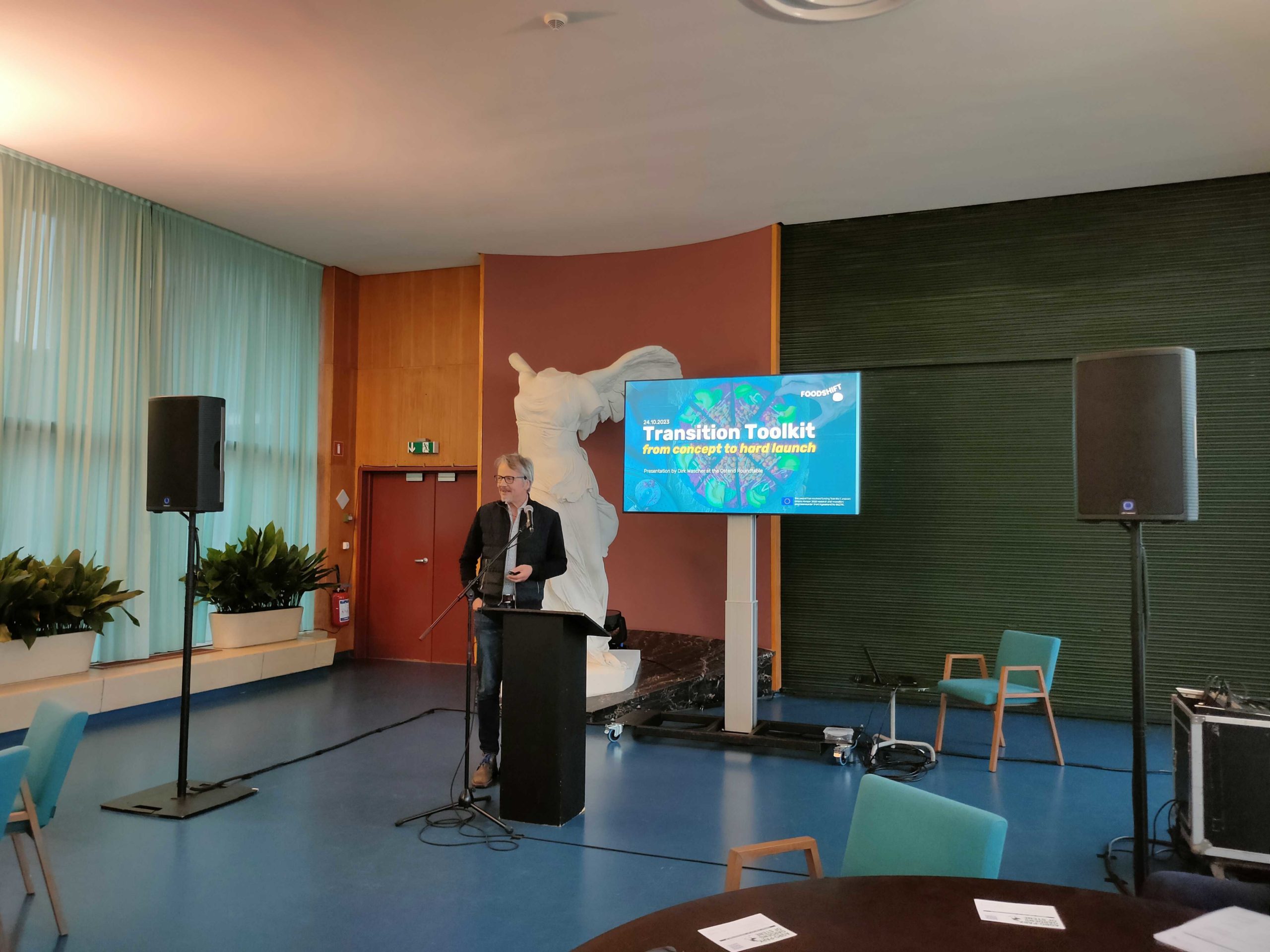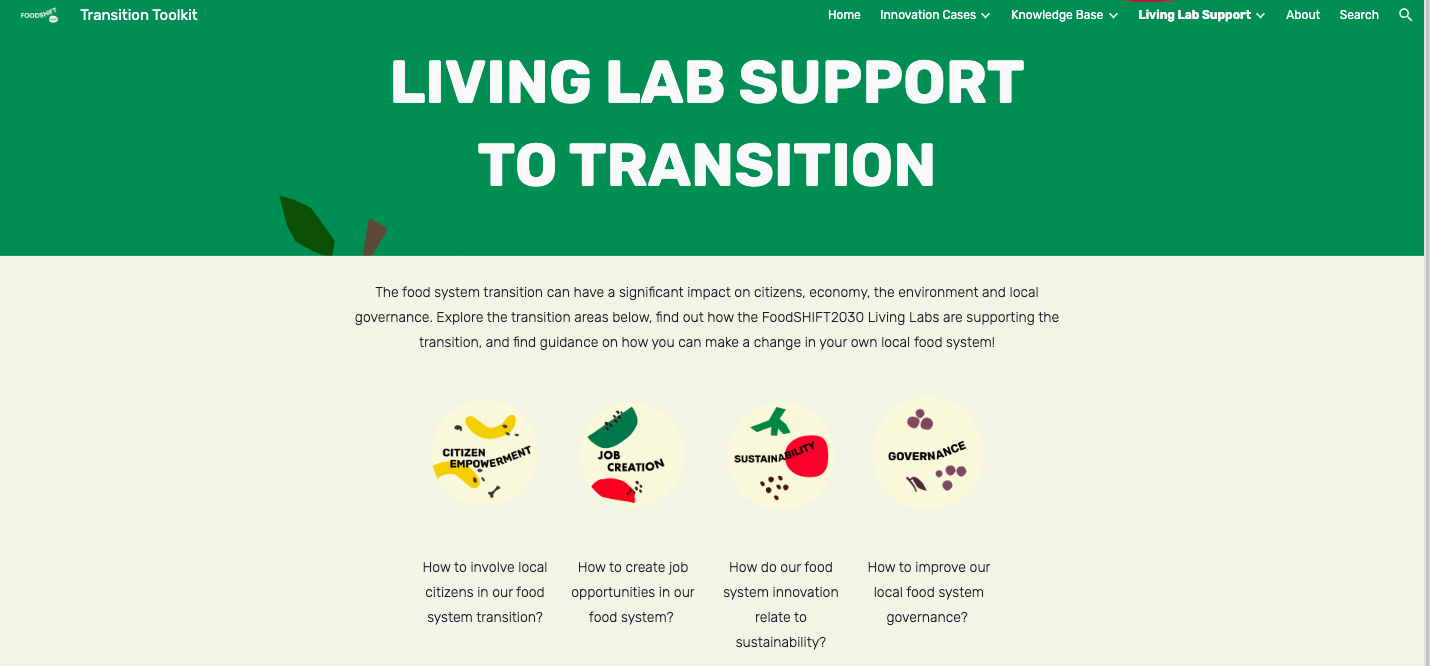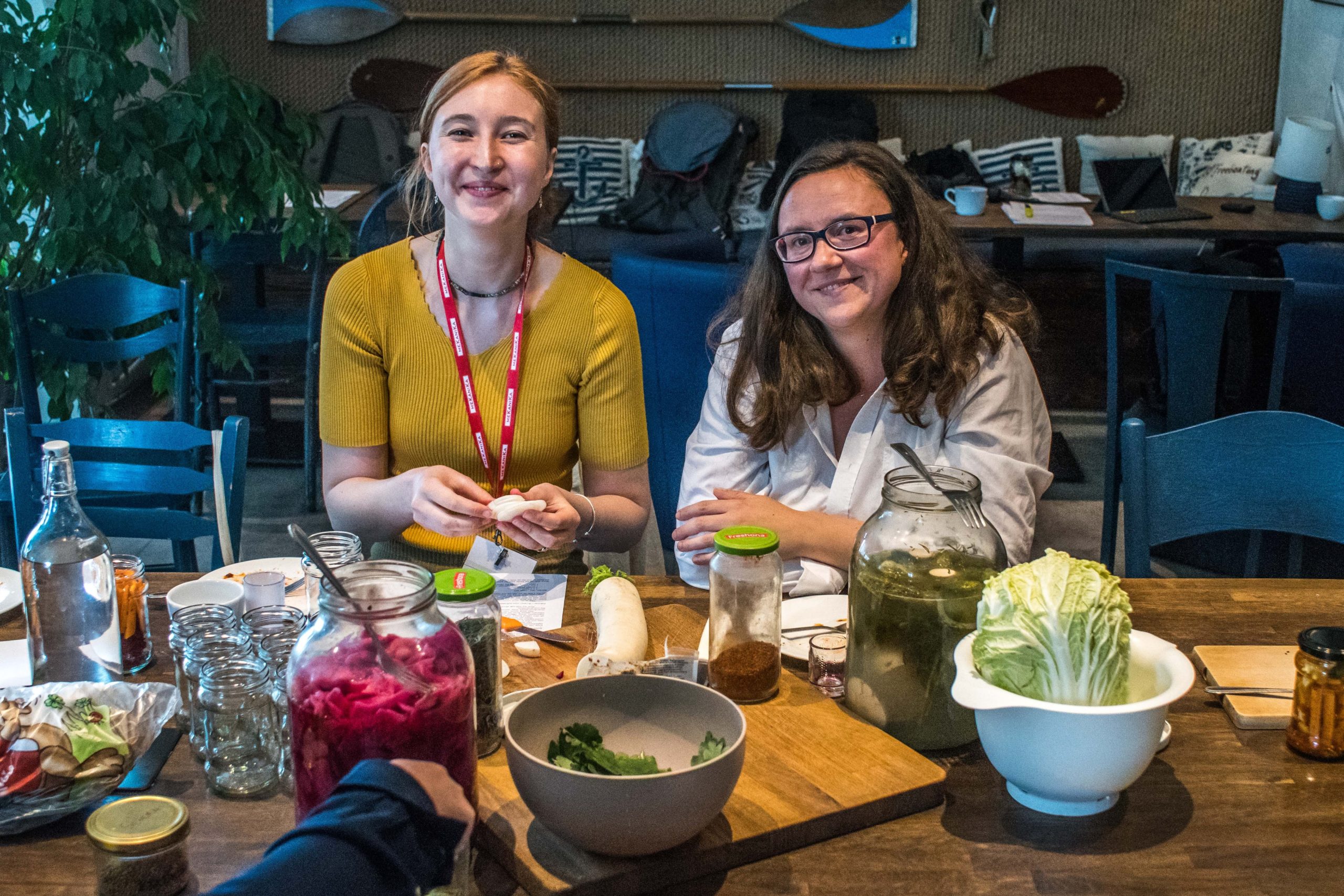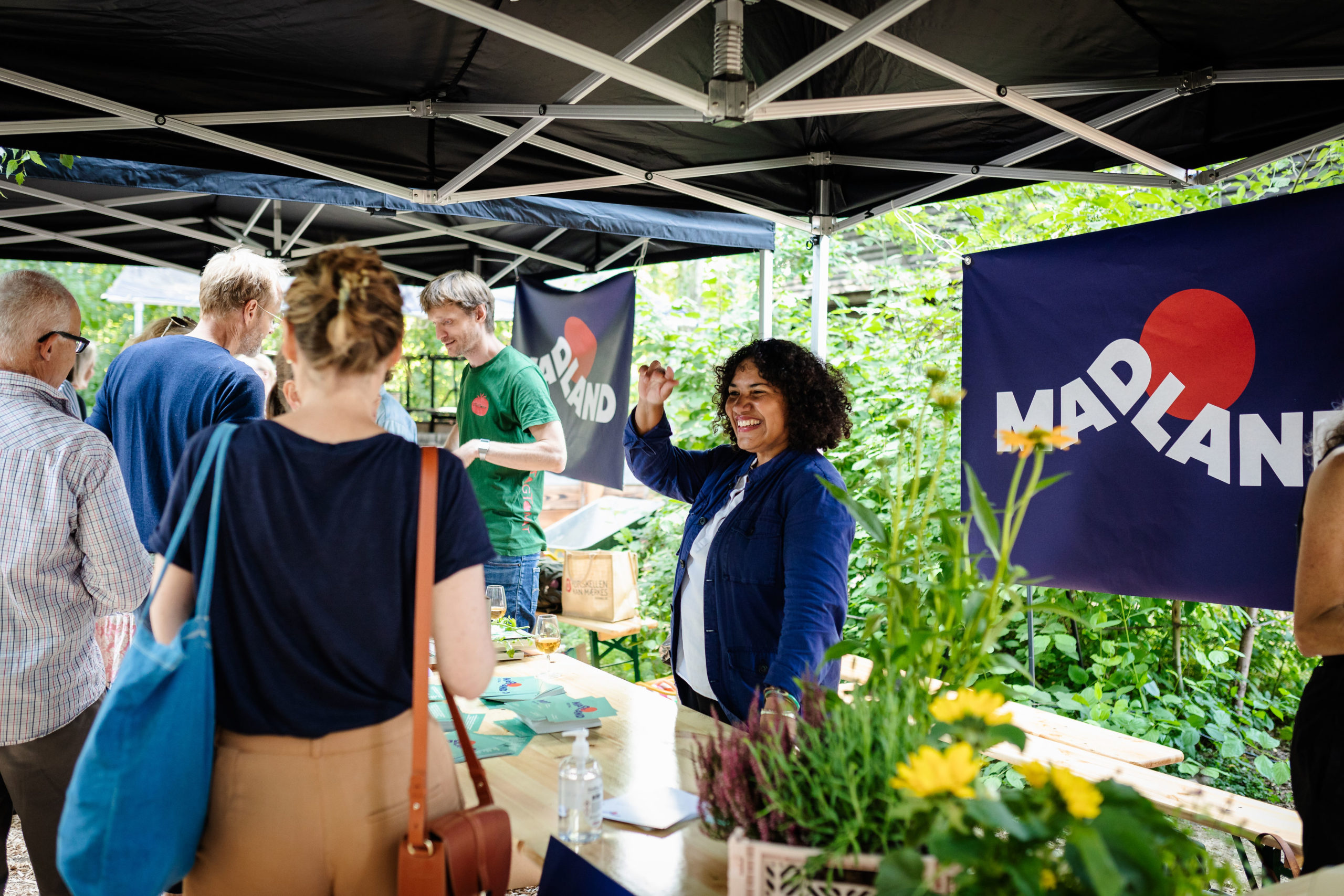Ostend’s story: City Agro-Park Lab
14 December 2023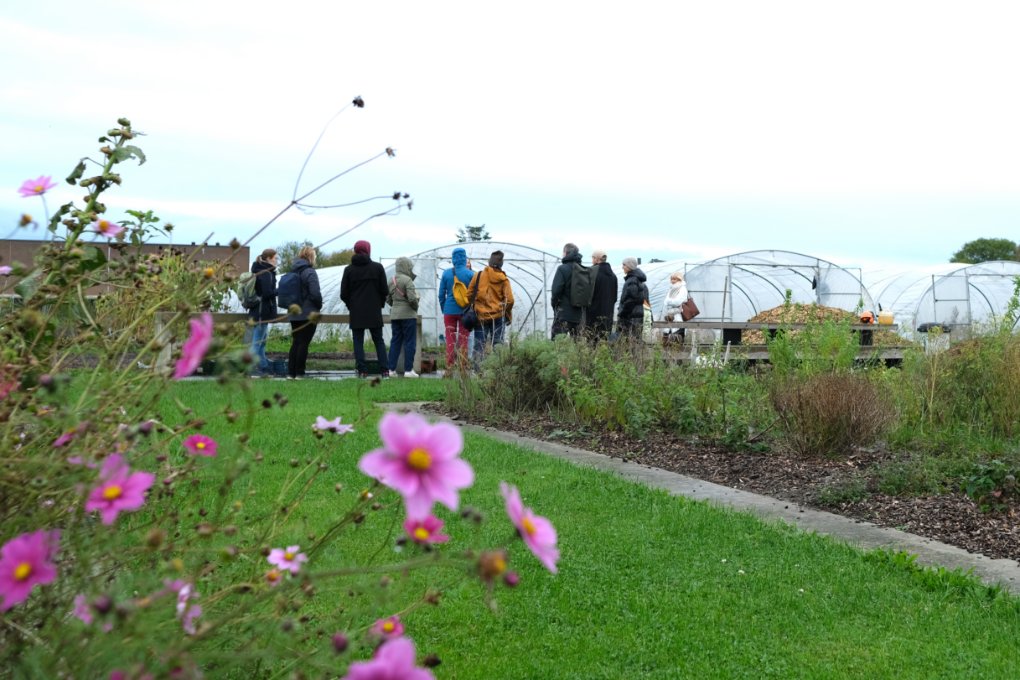
Four years ago nine city-regions took on the challenge to establish FoodSHIFT Accelerator Labs. In this final blogpost, the Ostend Lab reflects on the journey and development made during the whole project, through an interview to the Ostend Lab coordinators. Explore the Transition Toolkit to to learn more about the other Lab’s experiences, Ostend’s city’s reports on innovation and governance and more.
Key takeways
- Ostend’s focus on food system transition was on stimulating the local food dynamics and raising awareness on ‘local food and healthy diet’ by developing a food strategy and leveraging the newly developed agricultural park ‘Gardens of Stene’
- They chose this focus due to a previous project on the Gardens of Stene and the wish to use the lands in connection with the topic of food and health
- Some challenges in the process were establishing the network and faith and impact of all sorts of stakeholders, especially being the city. Besides, shifting to a more plant-based approach to food as individuals but also finding the city’s role and responsibility in shaping the food system in this direction
- The city achieved not only the implementation of the food strategy, but also the long-term anchoring of the topic of food in the city of Ostend
- For a city wanting to embark on a similar journey, the recommendations are to use a multi-disciplinary approach to leverage multiple perspectives and expertise. Besides, listening to each other and listening to why some people think in a certain way to better understand each other’s perspectives and needs. Lastly, one should work with people that inspire.
Interview with the Ostend Lab coordinators
What was your city’s specific focus in your food system transition and how did you initially start working with this focus area in your city?
Gwenny Cooman
The idea for FoodSHIFT was a side product of previous projects that we had relating to the Gardens of Stene. There were ideas to focus on food, on health, on landscape and biodiversity and to do something with the lands in the Gardens of Stene regarding those topics. At the same time, we didn’t have a real food strategy, except for some ideas and some documents that already had been launched. But we felt the need to have more impact, to create a food strategy touching on different kinds of topics. For example, the food supply side, the short chain, the climate topics related to food, but also very practical things for people, knowledge about food, food systems, health issues. I think that was the idea when we started the project and when we wrote the proposal.
Kathy Belpaeme
Definitely. I remember that one of the first things we discovered is that there is a lot going on within the city regarding food. But we didn’t have this framework, we didn’t have a strategy that we could refer to. So quite quickly, when we started thinking about FoodSHIFT and how we would structure this within the city administration, the idea arose to write a food strategy.
What were some obstacles or challenges you faced in your food system transition and how did you overcome them (or are planning on overcoming them)?
Gwenny Cooman
I thought there might be prejudices towards a city council that can be a drawback. Some stakeholders might fear losing autonomy or getting regulated, and not everybody wants to be engaged, of course. But this takes time and confidence and understanding between people grows.
Besides, in the beginning it was hard to establish the network, faith and impact within the municipality. Because even though we have a food strategy manager, it’s still not clear for other departments who work around food to always link their goals to the food strategy or involve the food strategy manager. That’s an ongoing process, I think. It’s the same thing with the Sustainable Development Goals. It has to become part of the daily awareness, and we have not yet reached that point.
Kathy Belpaeme
I also think that some of the typical topics we are working on are challenges in themselves, for instance, shifting to more plant-based diets. We are not there yet at all. To bring an anecdote: Yesterday, I was guiding a class through the Gardens of Stene. I asked the young people of 16, 17 if someone was vegetarian – only one person raised their hand. Of course, this can change, but I think we still have a long way to go in this protein transition. I am happy that within our city council, we were allowed to do activities and campaigns. But you can feel that it’s still a sensitive topic for a lot of people.
On top of that, just making people aware of all the necessities of things: of not wasting food, why it would be a choice to eat more plant-based food and so on. It is about changing habits.
For me, a challenge is also finding the role we can play as a city in this. For example, what is also not our role as a local government? What can other governments do? How can we support other cities in achieving their goals and if so, how do you do that? How can we involve all the different stakeholders? It could be citizens, but it could also be companies, it could be supermarkets. How can we have a common understanding of what it means to shift towards this more sustainable food system?
Gwenny Cooman
I totally support that – behavioral change is crucial. But how to influence that and how to measure the impact that we have as a city, is not the easiest thing to answer. However, it’s not impossible. If you look back at the big change in smoking, for instance, that was also a big behavioral change. And it happened. So, let’s make this one happen too.
If you look back on the last four years, what would you say were your biggest achievements or impacts that you achieved during the project?
Gwenny Cooman
I think one of the main accomplishments is that we not only have a successful project, but that the food strategy and all the things we have been working on have really become part of a longer-term issue and item for the city. Those food topics won’t stop when FoodSHIFT stops. So that’s certainly a great accomplishment.
Kathy Belpaeme
New networks! It depends a bit on how you define a network. But certainly, for FoodSHIFT, we established the FoodSHIFT steering group with people coming from different angles like tourism, economy, agriculture, citizen participation. Besides, through all the activities that we’ve been organising, thanks to FoodSHIFT, we have gathered a whole wide range of stakeholders, and we organise network events for them. For example, the yearly Food Forum for which the main aim is networking and informing people about new things related to food. Besides these networks, we also have thematical meetings on topics like food waste or food insecurity. These are not formally established networks, but they certainly have been meeting throughout the project period and they will keep on coming together if this topic is on the agenda again. Overall, we have built up quite an extensive list of contacts and stakeholders from different groups.
What advice do you have for other cities who want to embark on a similar journey?
Gwenny Cooman
I would say that the multi-disciplinary approach has been very important for us. This means not looking at the issue from one angle only but employing a holistic approach. For example, having different kinds of experts and stakeholders involved has really been helpful. The fact that the food strategy manager is situated in the ‘strategic coordination department’ is important too, because of its overall position in the organisation.
Kathy Belpaeme
I definitely agree with looking at things from different perspectives and taking this holistic approach. But I would also add listening to each other and listening to why some people think the way they do. Just learning from each other and being open to different opinions – that is very important. And I would say: work with people that inspire you. This could be other cities, this could be other organisations, but people who really are ahead of you. It will never be the same situation they are in, but get inspired by others in your own country, in Europe, and try to learn from those examples and take with you what you can use. I think we are lucky within FoodSHIFT and we are lucky within the city to have these inspiring people. That’s a very good case for joining a European project: it gives you the opportunity to be so inspired.
Contact details
Regarding the Food strategy, general info: oogst@oostende .be
Kathy Belpaeme: [email protected]
Gwenny Cooman: [email protected]
Check out previous blogposts by the Ostend Lab:
Gardens of Stene: an innovative park including food production at the edge of the city
